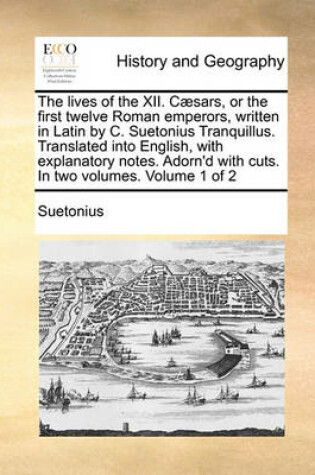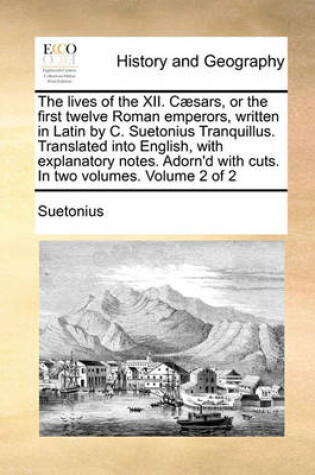Gaius Suetonius Tranquillus (commonly known as Suetonius (/swɪˈtoʊniəs/; c. 69 - after 122 AD), [1] was a Roman historian who wrote during the early Imperial era of the Roman Empire. His most important surviving work is a set of biographies of twelve successive Roman rulers, from Julius Caesar to Domitian, entitled De Vita Caesarum. Other works by Suetonius concern the daily life of Rome, politics, oratory, and the lives of famous writers, including poets, historians, and grammarians. A few of these books have partially survived, but many have been lost. Gaius Suetonius Tranquillus was probably born about 69 AD, a date deduced from his remarks describing himself as a young man twenty years after Nero's death. His place of birth is disputed, but most scholars place it in Hippo Regius, a small north African town in Numidia, in modern-day Algeria.[2] It is certain that Suetonius came from a family of moderate social position, that his father, Suetonius Laetus, [3] was a tribune belonging to the equestrian order (tribunus angusticlavius) in the Legio XIII Gemina, and that Suetonius was educated when schools of rhetoric flourished in Rome. Suetonius was a close friend of senator and letter-writer Pliny the Younger. Pliny describes him as quiet and studious, a man dedicated to writing. Pliny helped him buy a small property and interceded with the Emperor Trajan to grant Suetonius immunities usually granted to a father of three, the ius trium liberorum, because his marriage was childless.[4] Through Pliny, Suetonius came into favour with Trajan and Hadrian. Suetonius may have served on Pliny's staff when Pliny was Proconsul of Bithynia and Pontus (northern Asia Minor) between 110 and 112. Under Trajan he served as secretary of studies (precise functions are uncertain) and director of Imperial archives. Under Hadrian, he became the Emperor's secretary. But Hadrian later dismissed Suetonius for the latter's alleged affair with the empress Sabina
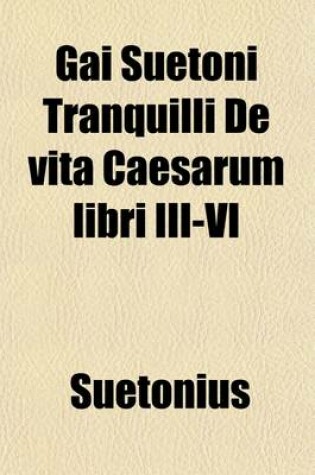

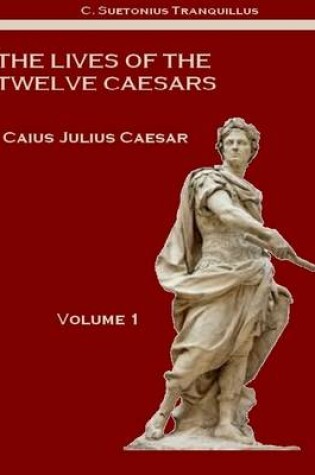

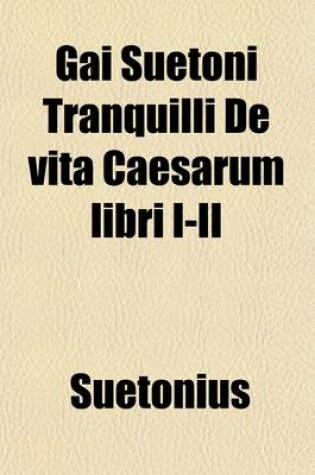



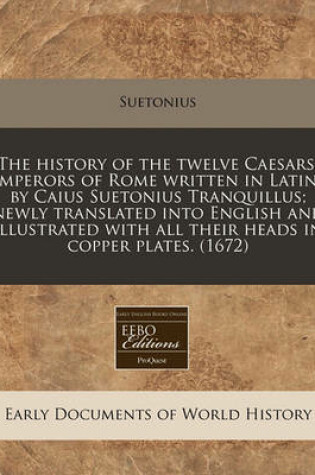
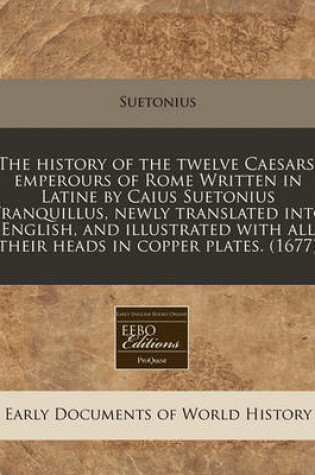
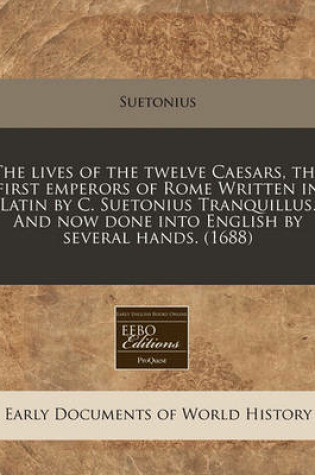
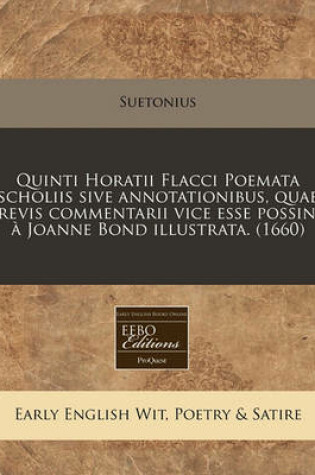
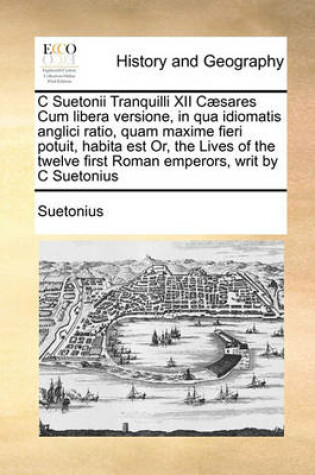
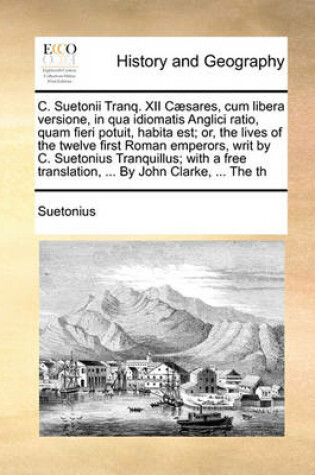
![Cover of C. Suetonii Tranquilli XII C]sares, Cum Liber[ Versione, in Qu[ Idiomatis Anglici Ratio, Quam Maxim Fieri Potuit, Habita Est. Or, the Lives of the Twelve First Roman Emperors, Writ by C. Suetonius Tranquillus. with a Free Translation, ... by John Cla](https://images.bookhype.com/covers/46/41/9157837d-3c91-4e60-a00e-b06c50901464/9781171027379-e183f958e15f86ef457cce-medium-cropped.jpg)
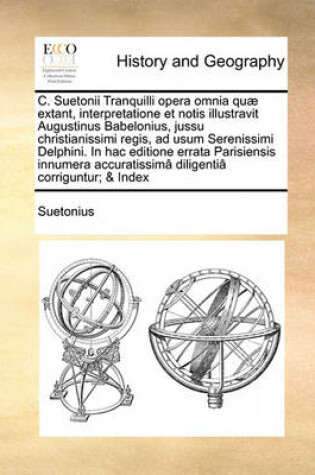
![Cover of The Lives of the Twelve C]sars, Written in Latin by C. Suetonius Tranquillus. Translated Into English, with Explanatory Notes, by Mr. Hughes. Adorn'd with Cuts. in Two Volumes. the Second Edition. Volume 1 of 2](https://images.bookhype.com/covers/04/93/91574d18-9cb5-4a9f-8206-edddb0fa3940/9781170763254-9772a06caec7fbcf2aa359-medium-cropped.jpg)
![Cover of The Lives of the Twelve C]sars, Written in Latin by C. Suetonius Tranquillus. Translated Into English, with Explanatory Notes, by Mr. Hughes. Adorn'd with Cuts. in Two Volumes. the Second Edition. Volume 2 of 2](https://images.bookhype.com/covers/f4/b3/91574d18-9fdb-4474-b61b-534e3ba93b4f/9781170763247-3dd701cb3e4f4adbe14f77-medium-cropped.jpg)

